What Do We Do?
The NC State College Advising Corps is a nonprofit college access organization whose mission is to improve college access and persistence among low-income, underrepresented and first-generation college students in rural North Carolina. The success of our program lies in the values underpinning the program, our partnerships, and the program model.
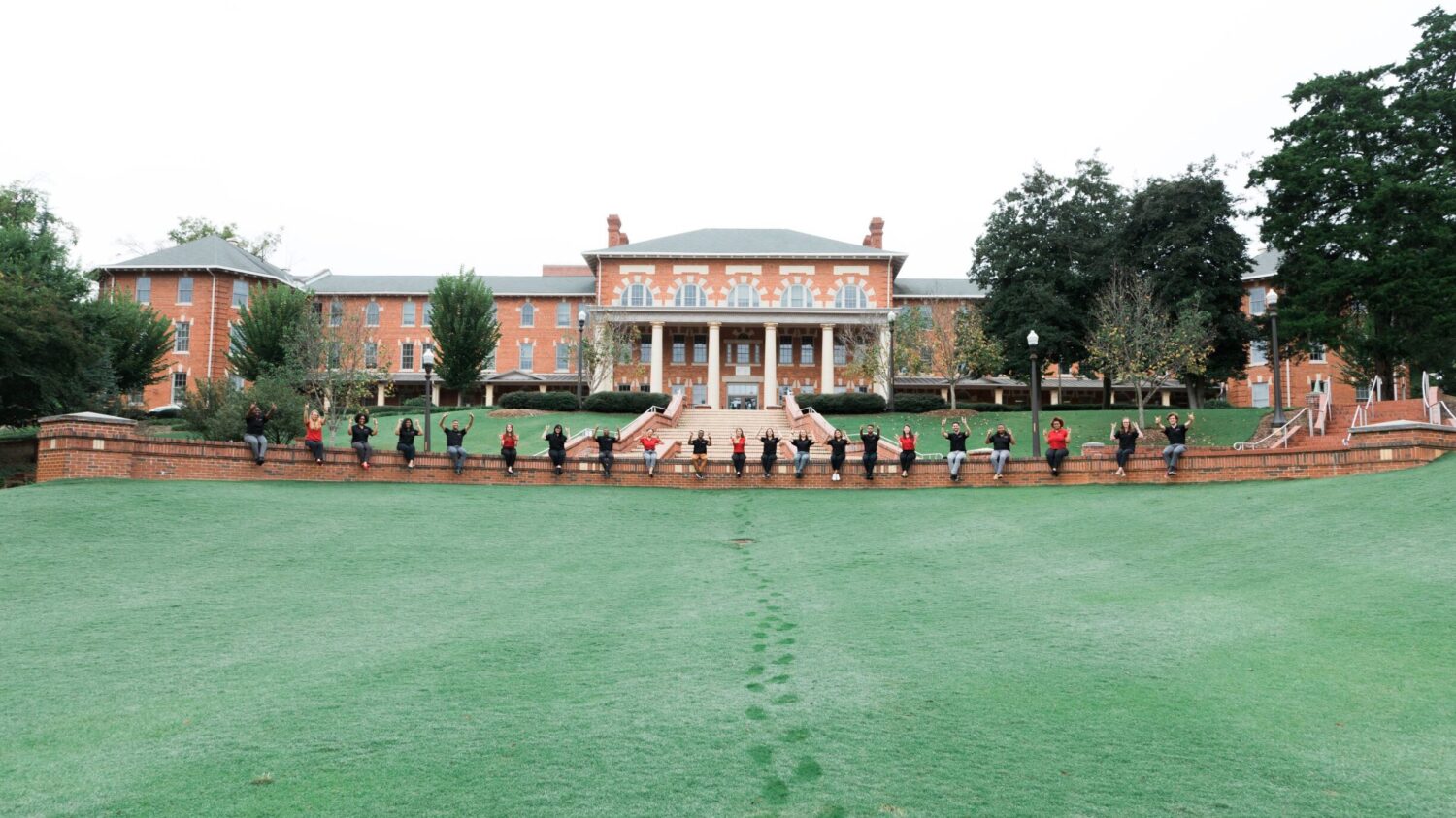
School and Community Partnerships
Partnerships are the cornerstone of our work. The NC State College Advising Corps has partnerships with three major entities
NC State University
University Partner
College Advising Corps
Non-Profit Partner
Served Schools and Communities
School Partners
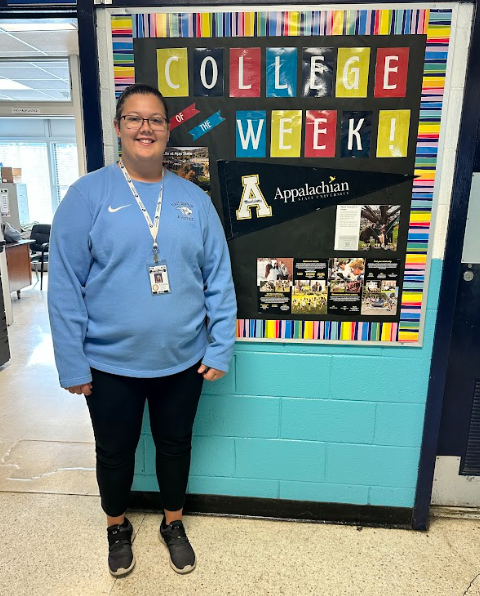
Each partner provides valuable information that informs and elevates our work in ways that spark new ideas, foster innovative approaches, and inspire constant improvement.
Our college advisers work exclusively in traditional public high schools in North Carolina. Advisers help foster the college-going culture within the high schools they serve by becoming a part of the school’s community. By collaborating with teachers and administrators, our advisers tie college-going into the life of a school. Advisers also assist existing high school counseling staff, thereby reaching more students. Below is a list of our school partners for the 2022-2023 academic year:
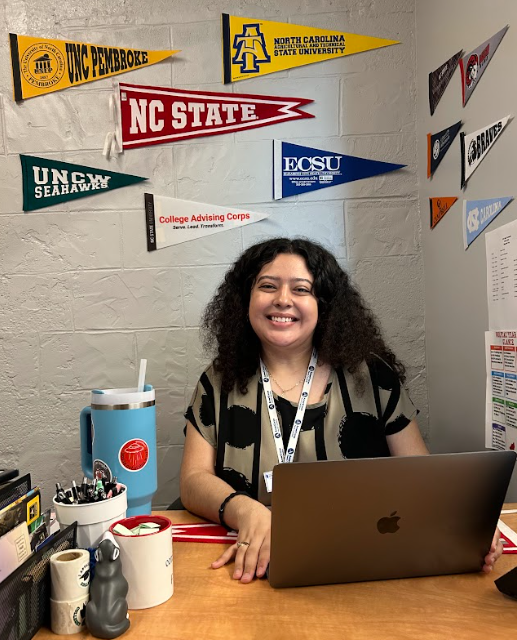
- Bladen County
- Duplin County
- Franklin County
- Granville County
- Martin County
- Moore County
- North Moore High School, Robbins (Website)
- Pender County
- Perquimans County
- Perquimans County High School, Hertford (Website)
- Pitt County
- Washington County
- Washington County High School, Plymouth (Website)
- Wayne County
- Southern Wayne High School, Dudley (Website)
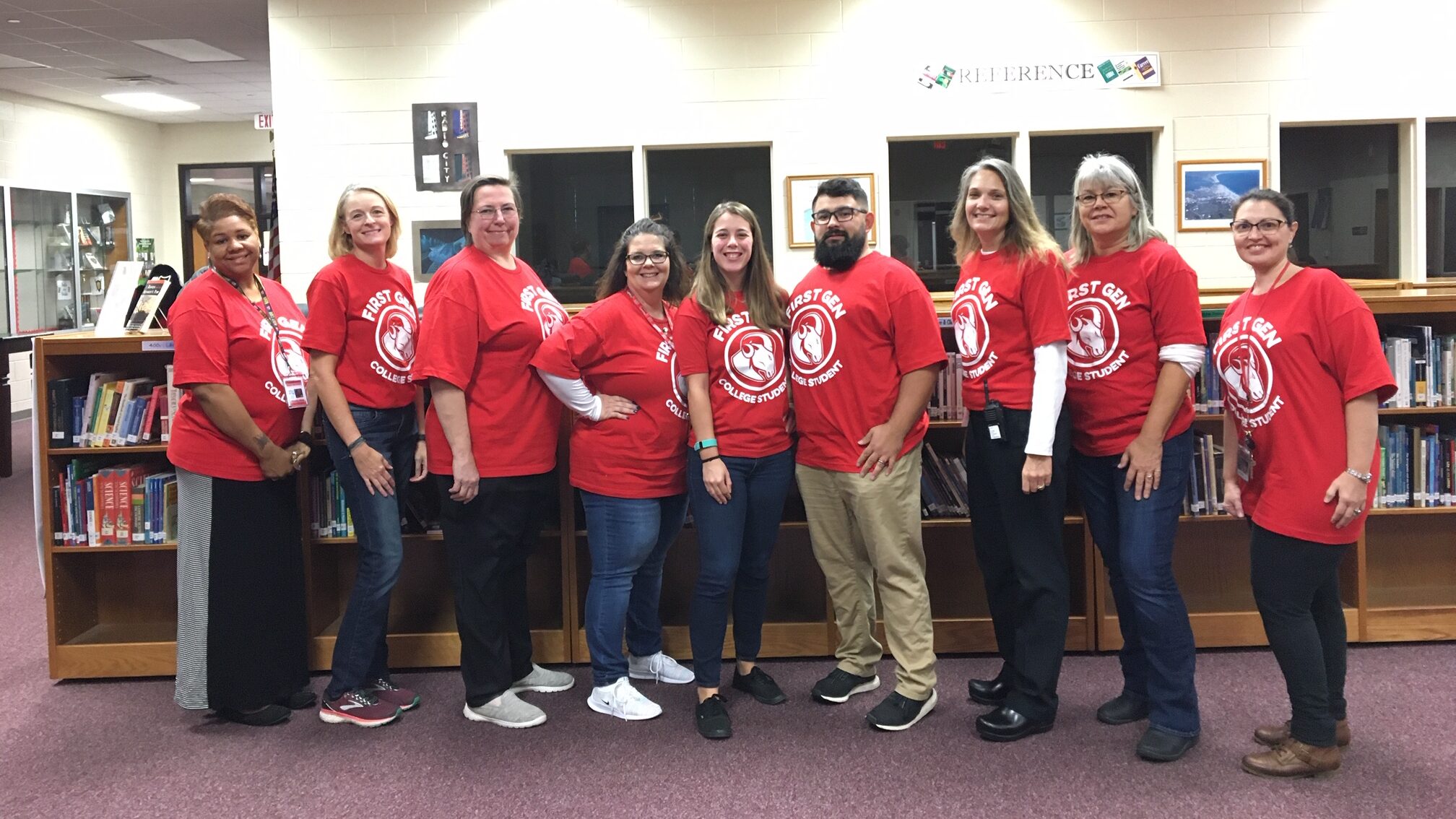
Whole-School Approach
College advisers work with all students in their partner high school. College advisers help students with the resources they need to prepare, apply, and pay for college. From college admissions to SAT/ACT waivers and assisting with FAFSA applications, our advisers become experts on college access.
Working with the entire student body also means that our advisers are knowledgeable about many different postsecondary pathways, including bachelor’s degree and associate degree programs, as well as certificates, diplomas, and apprenticeship programs. While our primary role is to help students apply and enroll in postsecondary pathways, college advisers also work with students pursuing military pathways or the workforce immediately following high school graduation. The ultimate goal is to help students find and achieve post-graduation pathways that prepare them for success in their future careers.
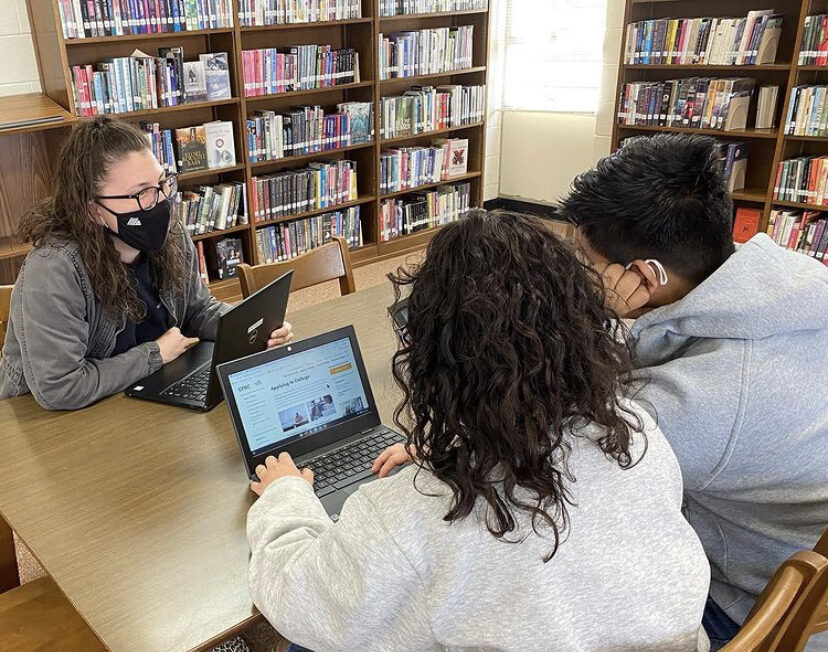
Near Peer
All of our college advisers are recent college graduates themselves (within three years of graduation), making them closer in age, or “near-peers”, to the students they serve in the high schools. Moreover, many of our advisers are first-generation college students themselves and have first-hand experience with the challenges of applying and paying for college. Because college advisers have recently gone through the college process themselves, they can impart up-to-date, current knowledge of college today.
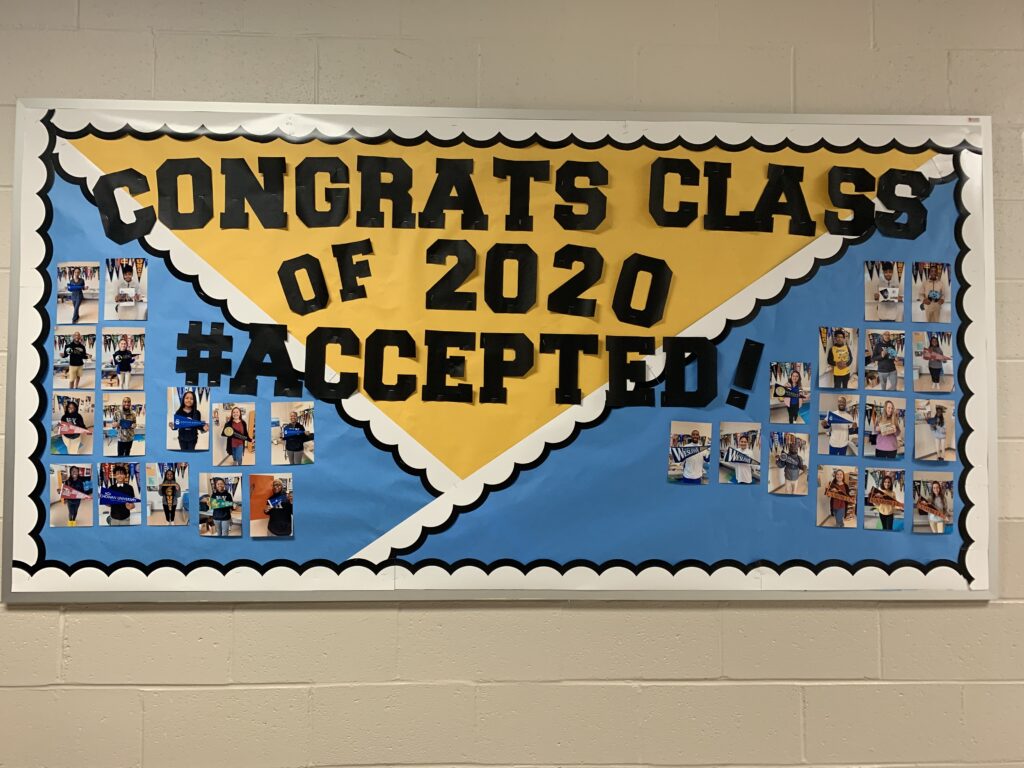
Best Match, Best Fit
College advisers assist students in finding and applying to postsecondary programs that are relevant to their long-term career goals and where students can succeed. Advisers first help students identify postsecondary programs that are going to be an appropriate academic match for their academic interests and profile. They also work with students to identify schools that are a good fit for their financial and personal needs and interests.
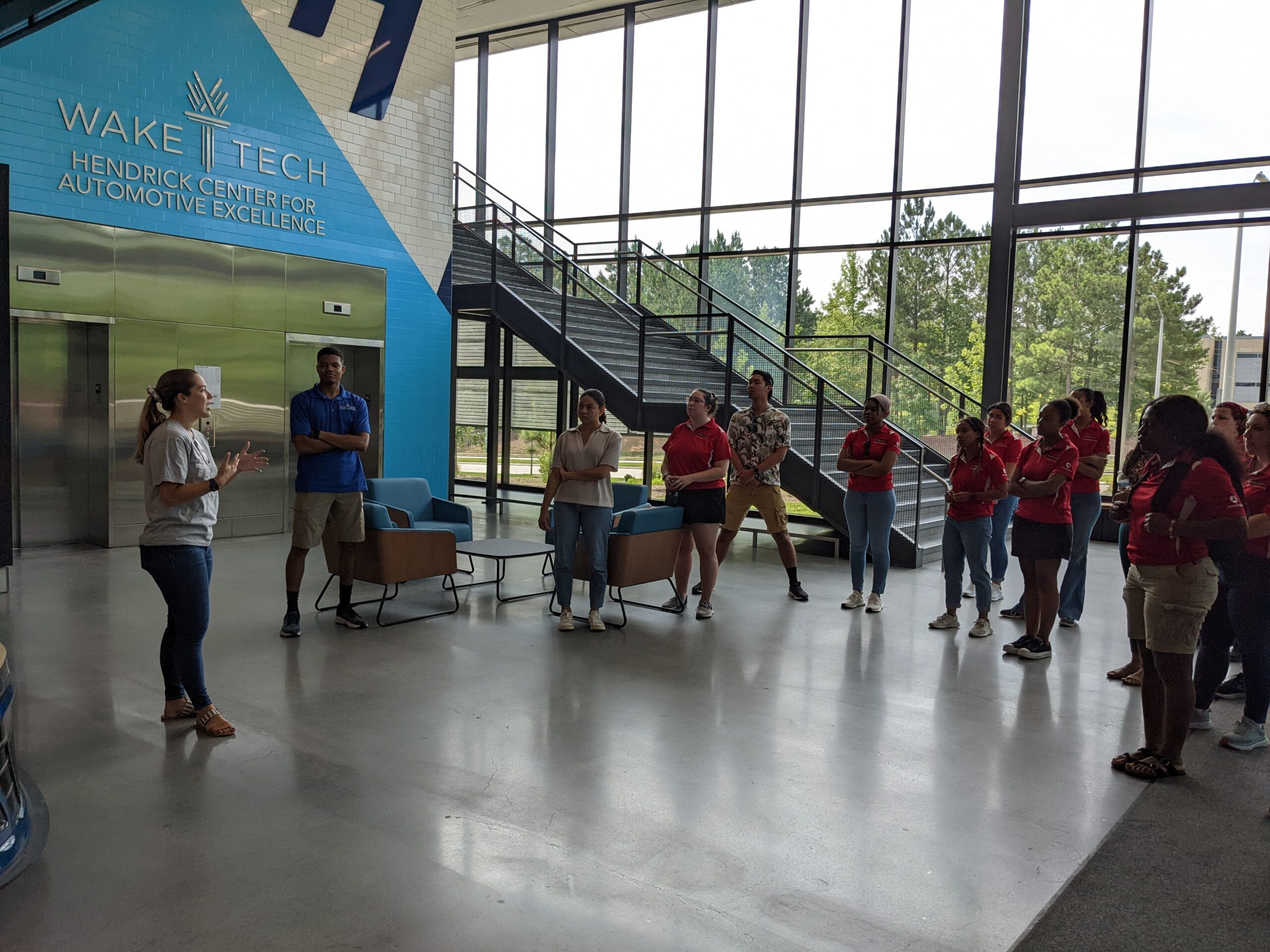
Data-Informed
The NC State College Advising Corps engages in a continuous process of collecting, analyzing, and reporting data to improve our service. College advisers use data to identify postsecondary programs that are best suited to help students achieve their career goals. The program engages in ongoing assessment and evaluation with both our university and nonprofit partners, including an external evaluation conducted by the Evaluation and Assessment Solutions for Education (EASE), a research group at Stanford University, to measure impact and identify areas for improvement.